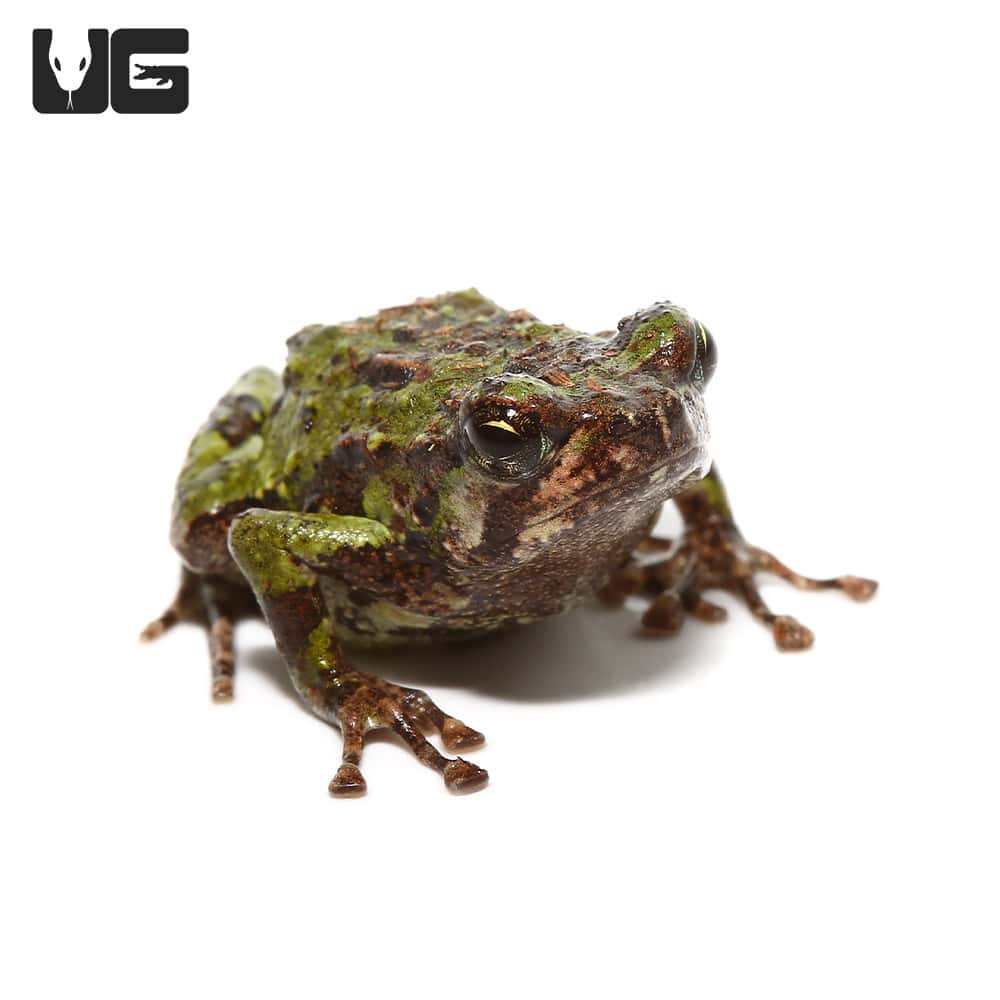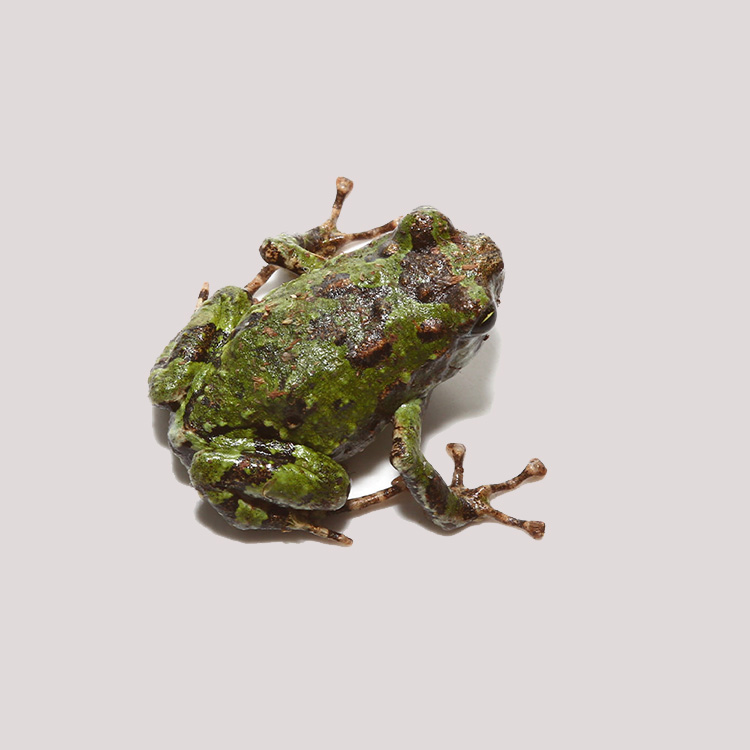Discover Unmatched Charm: Rain Frog for Sale Awaits to Improve Your Life!
Discover Unmatched Charm: Rain Frog for Sale Awaits to Improve Your Life!
Blog Article
Common Health Issues in Reptiles: Symptoms and Solutions
In the intricate globe of reptile care, recognizing the typical wellness problems that might impact these unique animals is critical in guaranteeing their well-being. Whether it's grappling with parasitical invasions, browsing dehydration issues, or addressing skin conditions that show up in subtle ways, being attuned to the symptoms and geared up with the knowledge of effective options is important for any kind of reptile owner.
Respiratory System Infections
Breathing infections in reptiles can dramatically impact their general wellness and require prompt attention from experienced veterinarians. These infections are frequently created by viruses, fungi, or bacteria and can materialize via signs and symptoms such as hissing, nasal discharge, open-mouth breathing, and sleepiness. In reptiles, respiratory infections can be particularly challenging to diagnose and treat due to their unique anatomy and physiology. Veterinarians frequently rely upon a combination of checkups, diagnostic imaging, and lab tests to accurately identify the underlying source of the infection.
Therapy for breathing infections in reptiles normally includes a combination of encouraging treatment, such as preserving correct moisture levels and temperature level gradients in the enclosure, along with targeted medicine to deal with the specific virus in charge of the infection. It is essential for reptile proprietors to check their animals very closely for any type of signs of respiratory system distress and seek vet care at the earliest sign of a problem. With prompt treatment and appropriate therapy, numerous reptiles can recoup fully from respiratory system infections and resume regular activities.

Metabolic Bone Condition
What aspects add to the advancement of Metabolic Bone Condition in reptiles?
Metabolic Bone Disease (MBD) in reptiles is mostly brought on by a lack of appropriate calcium, phosphorus, and vitamin D3 degrees in their diet regimen. When reptiles do not receive sufficient calcium, either with their food or correct UVB exposure for vitamin D3 synthesis, they are at a high danger of establishing MBD. Reptiles with diet regimens reduced in calcium or unbalanced calcium to phosphorus ratios are specifically at risk. Additionally, insufficient exposure to UVB light stops reptiles from manufacturing vitamin D3, which is important for calcium absorption and bone health.
Not enough moisture levels can additionally affect a reptile's capacity to metabolize calcium effectively. Normal veterinary exams, appropriate husbandry techniques, and a well balanced diet plan are important to protect against Metabolic Bone Illness in reptiles.
Parasitic Problems
Parasitic problems position a substantial health and wellness risk to reptiles, impacting their overall wellness and requiring timely vet interest. Reptiles can be influenced by various bloodsuckers, consisting of termites, ticks, inner worms, and protozoa. These parasites can trigger a variety of signs, such as weight reduction, sleepiness, skin inflammation, looseness of the bowels, and even death if left unattended.
One typical bloodsucker located in reptiles visit here is the mite, which can trigger skin tension, inflammation, and anemia. Ticks are an additional outside parasite that can transfer illness and create discomfort to the reptile. Internal parasites like worms and protozoa can result in digestive system issues, poor nutrition, and damage the reptile's immune system.
To identify a parasitical problem, a vet may do fecal examinations, skin scrapings, or blood tests. Treatment commonly entails deworming drugs, antiparasitic baths, or in serious situations, hospitalization. Preventative procedures such as routine veterinary examinations, appropriate hygiene, and quarantine procedures for new reptiles can help reduce the risk of parasitic infestations and guarantee the wellness of reptile pets.
Dehydration and Hydration Issues
Dehydration in reptiles can considerably impact their wellness and well-being, demanding prompt intervention and proper hydration administration. If left untreated, dehydration can lead to significant health and wellness issues and also be fatal to the reptile.
To protect against dehydration, reptile owners need to make sure that their animals have accessibility to clean water in all times. The water meal need to be big sufficient for the reptile to soak in if required, especially for varieties that absorb water with their skin. Additionally, keeping proper moisture degrees in the reptile's enclosure and supplying regular baths can aid avoid dehydration.
In instances of dehydration, it is essential to look for vet care immediately. A vet may provide liquids either by mouth or with shots to rehydrate the reptile. It is important to resolve the underlying root cause of dehydration to stop recurrence and make sure the reptile's total well-being.
Skin Conditions

Conclusion

Respiratory infections in reptiles can significantly influence their general health and call for punctual focus from experienced vets (rain frog for sale). Preventative steps such as regular vet check-ups, correct hygiene, and quarantine treatments for new reptiles can aid reduce the risk of parasitical infestations and make sure the well-being of reptile pet dogs
If left without treatment, dehydration can lead to serious health and wellness issues and also be deadly to the reptile.
On read the article a regular basis examining your reptile for any kind of changes in skin look, texture, or shade can assist in early discovery and therapy of skin ailments, promoting the total health and wellness of your flaky friend. - rain frog for sale
In conclusion, reptiles are susceptible to numerous health problems such as respiratory system infections, metabolic bone disease, parasitic invasions, dehydration, and skin ailments.
Report this page